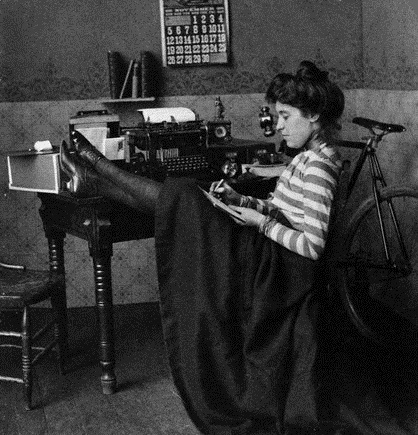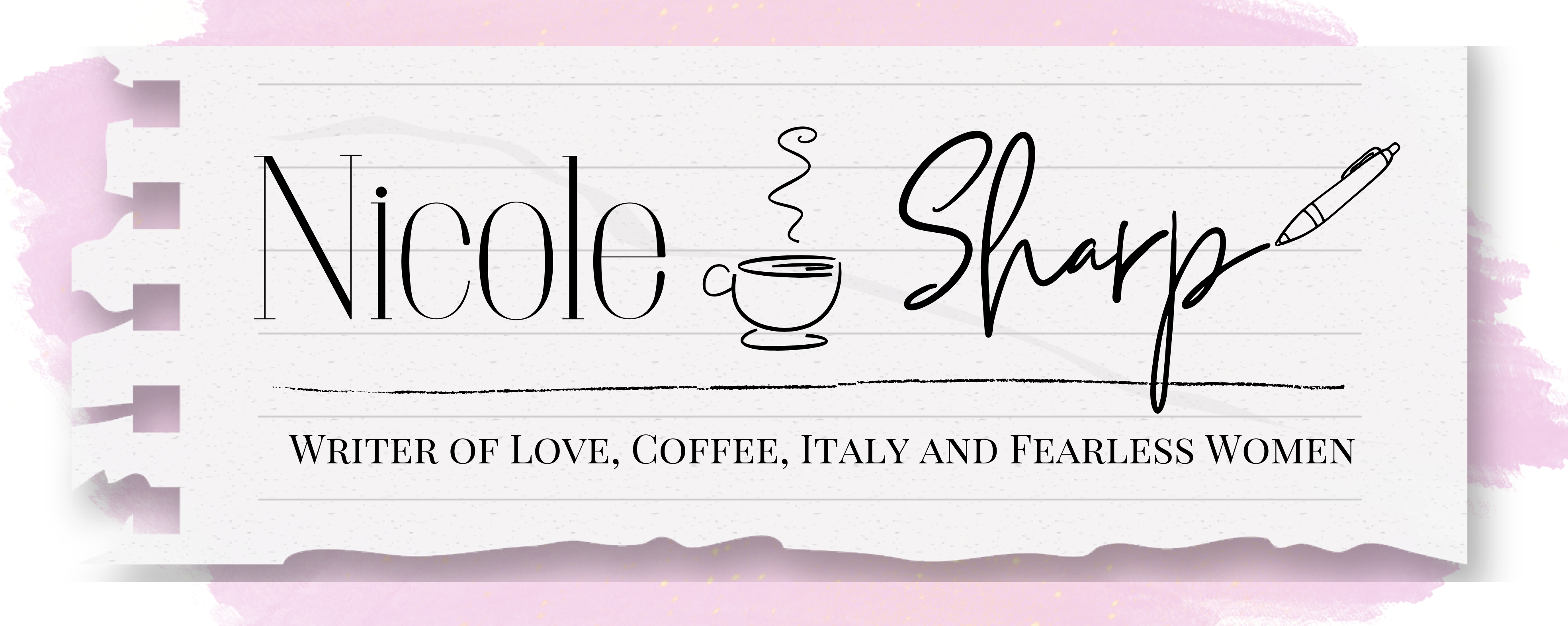
Un-rejection?
This is not the rejection you thought it was, it’s a different rejection of rejection. I’m pretty sure Yoda said that at one point.
So, this morning, I’m sitting in my haven of a backyard, the weather is nice and cool, cloud cover with active squirrels whooping it up, rummaging through the trees along my fence line.
I go through my normal morning moves: coffee, jazz, journal, and then check the email. I’ve subscribed to several informative ‘writer’ blogs and such over the years, and this morning as I read through one such one, an interesting article caught my eye, “Levels of rejection and what they mean.”
Of course, my gut reaction: What the fuck?! You mean there are different levels of rejection to feel bad about other than just the normal rejection that’s eating me up on the insides?!
A glutton; of course I read on.
This is in regards to rejection from literary magazines, the world my short stories swim about in.
“So here’s the thing a new writer may not know – there are tiers of rejections. These can vary by journal, but quite commonly, there are two to three. A form rejection, where you get a generic rejection slip, maybe wishing you luck and hope you can place your story somewhere; a personal rejection that says they won’t accept this story, but invite you to submit again – the editors mean what they say, so do take this as an invitation to submit another story; and an invitation to rework certain parts of the story and submit again.” 182 Short Fiction Publishers by S. Kalekar
Wait.
What?
Wait….
No, wait.
What?
Then there was this crazy link she gave: Literary Journals and Rejections on Wikipedia.
And I went.
And there is this long, intense, alphabetized list of literary journals. Click on any journal and there are examples of the different “tiers” of rejection letters.
So I cross referenced a few of my rejections, which apparently I haven’t been reading the right way? With the different tiers. Let’s do an example.
Here’s Into the Void literary magazine and their standard rejection letter:
Dear first-name,
Thank you so much for your submission and your support, which we value more than we could ever say, but this time around we’ve decided not to publish your work in Into the Void. We receive a huge amount of submissions and unfortunately are only able to publish a very tiny few.
Thanks again. Without your support there would be nothing.
Sincerely,
Into the Void
And now, because this is seriously mind blowing to me this morning, here is my rejection letter from them:
Dear Nicole,
Thank you so much for your submission and your support, which we value more than we could ever say, but this time around we’ve decided not to publish your work in Into the Void. We did like your work, but it doesn’t quite have a place in this issue. We receive a huge amount of submissions and unfortunately are only able to publish a very tiny few.
Thanks again. Without your support there would be nothing.
Sincerely,
Philip Elliott
Editor-in-Chief
Into the Void Magazine
Now, apparently there are two major “hints” in that rejection letter I didn’t understand:
Dear Nicole,
Thank you so much for your submission and your support, which we value more than we could ever say, but this time around we’ve decided not to publish your work in Into the Void. We did like your work, but it doesn’t quite have a place in this issue. We receive a huge amount of submissions and unfortunately are only able to publish a very tiny few.
Thanks again. Without your support there would be nothing.
Sincerely,
Philip Elliott
Editor-in-Chief
Into the Void Magazine
The phrase “we did like your work” plus the fact that it was signed by the editor in chief bumps this rejection up to the highest tier rejection letter Into the Void has; according to the examples given in the Literary Journals and Rejections page. And according to the article that went on to explain more in detail what that means when a writer is invited to submit more work again, it really means I need to submit more work to these people again.
So…shit.
It would seem I have a bit of research to do on my part.
Dear Nicole Sharp,
Thank you so much for sending us “Leaving.” We sincerely appreciate your giving us the opportunity to read it. Unfortunately, we must pass at this time. We wish you luck placing it elsewhere, and we encourage you to submit to us again in the future.
Best wishes,
The editors at Columbia Journal
I missed these things. I honestly didn’t read these rejections that way. I thought it was some polite ‘throw the idiot a bone’ sort of phrase. In all seriousness, I didn’t think if one was encouraged to send work again it meant, well, that the editors really meant it. I should have known, I can’t tell you how many articles I’ve read over the years about editors, and agents, and publishers who don’t have time to sugar coat things. So they say what they mean. There are hundreds of rejection letter examples on line where agents, editors and the like, tell people in no uncertain terms exactly what they think of their writing so that their time isn’t wasted further by said people submitting more of their work to the agents, editors and the like. I suppose it goes the other way too, an invitation to those they did like.
Alright my friends, my spirits a bit higher this morning, I’m about to go re-read my rejection letters and see what they were really trying to tell me.
*Side Note: There is a list in my head of literary magazine I desperately want to be a part of, one of them being Tin House. I went back and re-read their rejection letter:
Dear Nicole,
Thank you for sending us “Ending Up.” Unfortunately, we have decided to pass on this submission.
Thank you, also, for your patience in waiting to hear back from us. Submittable generally makes managing the many submissions we receive each year much easier, but we are lucky enough to receive so many submissions that the process still takes some time. We appreciate the opportunity to read your work, and we are working to introduce new methods to get through submissions faster.
We look forward to seeing more of your work in the future—submissions open again next month!
Sincerely,
Thomas Ross
& Tin House
How did I miss the “we look forward to seeing more of your work in the future” line?! This isn’t a standard rejection, it’s a higher tiered one. So there’s that…



2 Comments
Melinda Bristol
Nicole, loved this article…this info is great for me to hear also. Maybe the visual art world works this way too!!!
Nicole Sharp
I bet it’s very very similar!!!!